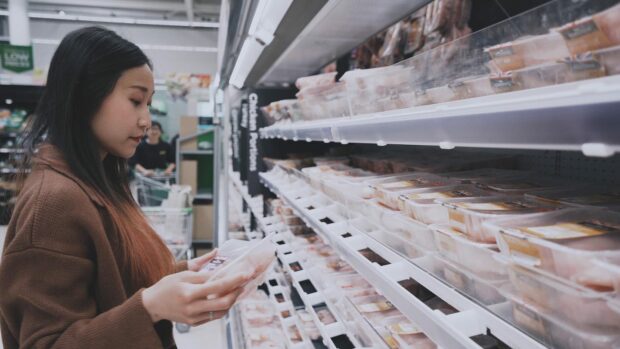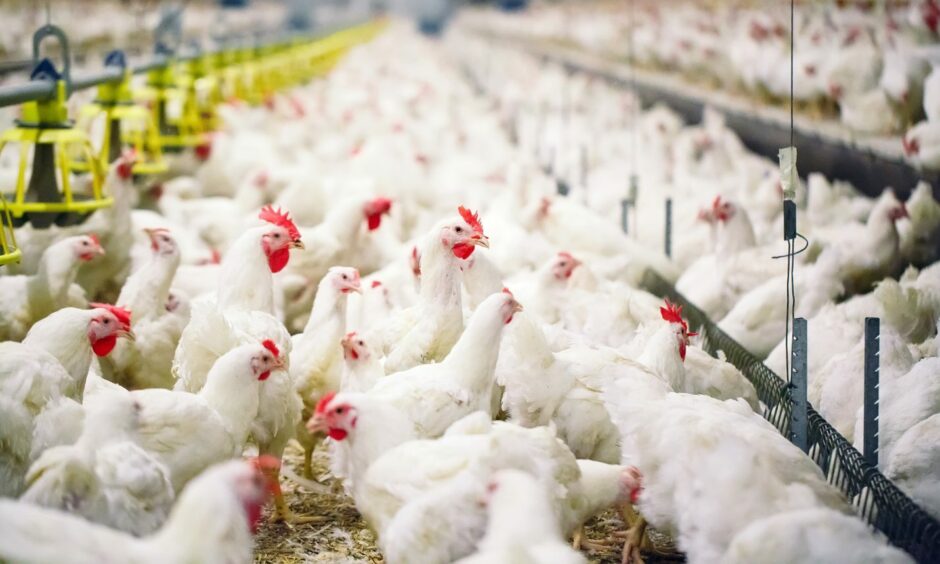The Soil Association has launched a new campaign – Stop Poison Poultry – urging retailers to remove dangerous pesticides from their soya supply chains.
The organic body is also calling on retailers to help create a market for home-grown protein crops and support British farmers to reduce their reliance on “harmful” soya imports.
It wants retailers to commit to reducing the soya component of chicken feed from 20% to 10% by 2030, and for it to be replaced with UK, or European, protein crops instead.
It says that while the deforestation risks associated with soya production are well-known, the use of highly hazardous pesticides in their production – ones which are banned for use in the UK – is not.
The organic body says these pesticides are poisoning people and wildlife, especially in Brazil where the use of pesticides has increased by 900% since 1990.
“Our farmers should be able to purchase feeds that don’t harm biodiversity and communities,” said Soil Association campaigns adviser, Cathy Cliff.
“Now is the time to invest in UK protein crops and ease our reliance on imported soya – British businesses can lead the way in addressing this environmental challenge.”
She said chickens are the primary British consumer of Brazilian soya and estimates suggest more than one million tonnes of soya are imported into the UK each year for British poultry meat production.
‘We need to look at what resources we have available’
“While soya has been a sensible choice from a nutritional perspective, providing the right balance of amino acids for poultry, the ecological costs have become intolerable,” added Ms Cliff.
“That’s why we’re campaigning to Stop Poison Poultry and asking retailers and supply chains to invest in UK protein crops in place of soya.
“Growing more legumes here would also help to reduce reliance on artificial fertilisers and help to improve soil health, so it’s a win-win situation.”
Ms Cliff said a recent study by Innovative Farmers found sprouting wheat and vetch seeds, grain tailings sand processed beans were all good alternatives to soya for monogastric animals.
“We need to look at what resources we have available, what we can grow, and how we can adapt these to produce our own alternatives, rather than importing them,” added Ms Cliff.
“But farmers need to have confidence that alternatives will work in UK soils and that they are doing right by their animals, so we quickly need to see more research and commitments from retailers and processors to build the market for these products.”
As part of the campaign, the Soil Association has launched an online petition calling on retailers to phase out highly hazardous pesticides in their soya supply chain by 2030, starting immediately and making year-on-year progress.

